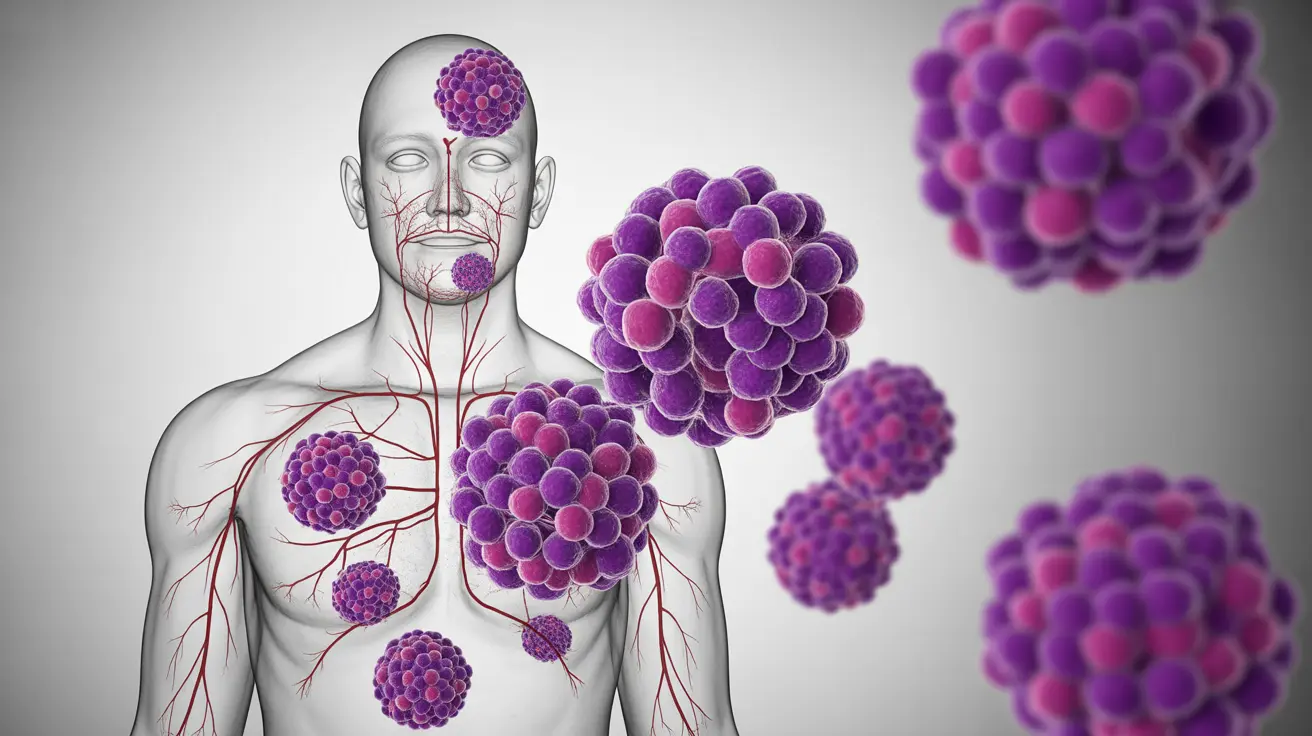Gram-positive cocci infections represent a significant category of bacterial infections that can range from mild to severe, potentially becoming life-threatening if left untreated. These spherical bacteria, which include well-known species like Staphylococcus aureus and Streptococcus, can cause various infections throughout the body and require prompt medical attention.
Understanding the seriousness of gram-positive cocci infections and recognizing their symptoms is crucial for early intervention and successful treatment. This comprehensive guide explores the severity of these infections, common symptoms, treatment options, and why certain strains have become a major concern in modern healthcare.
Types and Severity of Gram-Positive Cocci Infections
Gram-positive cocci infections can manifest in various forms, each with different levels of severity:
- Skin and soft tissue infections
- Respiratory tract infections
- Bloodstream infections (bacteremia)
- Heart valve infections (endocarditis)
- Bone and joint infections
- Toxic shock syndrome
The severity of these infections often depends on factors such as the specific bacterial strain, the location of the infection, and the patient's immune status. Some infections may be relatively mild, while others can quickly become life-threatening.
Common Symptoms and Warning Signs
Symptoms of gram-positive cocci infections can vary depending on the infection site and type of bacteria involved. Common signs include:
- Redness, swelling, and warmth at the infection site
- Fever and chills
- Rapid heart rate
- Fatigue and weakness
- Pain or tenderness
- Difficulty breathing (in respiratory infections)
- Skin lesions or abscesses
Treatment Approaches and Challenges
Treatment for gram-positive cocci infections typically involves:
Antibiotic Therapy
Healthcare providers usually prescribe specific antibiotics based on the type of bacteria and its susceptibility pattern. Common antibiotics may include:
- Beta-lactams (when appropriate)
- Vancomycin
- Daptomycin
- Linezolid
Additional Treatment Measures
Comprehensive treatment often includes:
- Drainage of abscesses when present
- Supportive care
- Monitoring of vital signs
- Prevention of complications
High-Risk Populations
Certain groups face an increased risk of severe gram-positive cocci infections:
- Elderly individuals
- People with weakened immune systems
- Hospital patients
- Individuals with chronic medical conditions
- People with invasive medical devices
- Recent surgery patients
The Challenge of Antibiotic Resistance
Antibiotic resistance has become a significant concern with gram-positive cocci infections, particularly with organisms like MRSA (Methicillin-resistant Staphylococcus aureus) and resistant Enterococcus strains. This resistance has led to the development of new treatment strategies and emphasis on prevention measures.
Frequently Asked Questions
How serious are infections caused by gram-positive cocci bacteria? Gram-positive cocci infections can range from mild to severe, with some becoming life-threatening if not properly treated. The severity depends on factors such as the specific bacterial strain, infection location, and the patient's overall health status.
What are common symptoms of infections caused by gram-positive cocci? Common symptoms include fever, redness and swelling at the infection site, pain, fatigue, and in some cases, difficulty breathing. Specific symptoms vary depending on the infection location and type of bacteria involved.
How are gram-positive cocci infections, such as those from Staphylococcus aureus or MRSA, treated? Treatment typically involves targeted antibiotic therapy, which may include medications like vancomycin, daptomycin, or linezolid. Additional treatments may include drainage of abscesses and supportive care measures.
Can gram-positive cocci infections become life-threatening, and who is most at risk? Yes, these infections can become life-threatening, particularly in high-risk individuals such as the elderly, immunocompromised patients, and those with chronic medical conditions or invasive medical devices.
Why is antibiotic resistance a concern with gram-positive cocci like MRSA and Enterococcus? Antibiotic resistance is a serious concern because it limits treatment options and can lead to more severe infections that are harder to treat. This resistance has evolved due to factors such as antibiotic overuse and bacterial adaptation.




